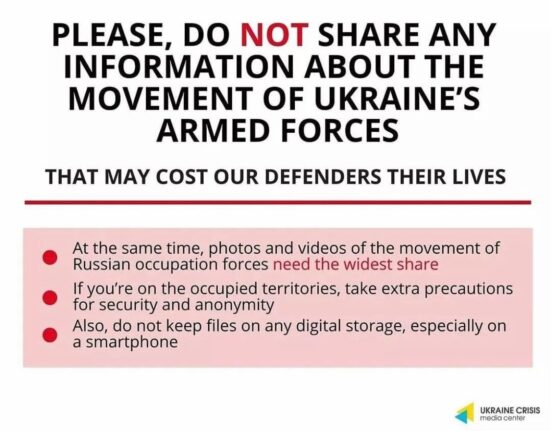Once again, the intricate web of international relations has been stirred as the United States takes a bold stand against Francesca Albanese, the United Nations special rapporteur overseeing human rights in the occupied Palestinian territories. On a seemingly ordinary Wednesday, the U.S. Secretary of State, Marco Rubio, made a striking announcement that left the global community buzzing with intrigue and speculation. The decision to impose sanctions on Albanese has sent ripples through diplomatic circles, sparking debates on the implications of such actions on the broader stage of international politics.
The roots of this unprecedented move lie in Albanese’s alleged efforts to prompt the International Criminal Court to take action against U.S. and Israeli authorities, businesses, and leaders. Rubio’s justification for the sanctions stems from what he perceives as Albanese’s anti-Israel stance, a sentiment that has long fueled tensions between the United States and the UN rapporteur. Albanese’s past statements, including accusations of genocide by Israel in Gaza and warnings of potential ethnic cleansing in the region, have only served to exacerbate the already strained relationship between the parties involved.
As the world watches this latest development unfold, experts weigh in on the significance of the U.S. decision to target a UN official in this manner. The use of sanctions against a high-profile figure like Albanese marks a notable escalation in the ongoing geopolitical dynamics surrounding the Israeli-Palestinian conflict. It raises questions about the limits of diplomatic discourse and the extent to which powerful nations are willing to go to protect their interests on the global stage.
Dr. Sarah Nelson, a political analyst specializing in international relations, notes, “The U.S. move to impose sanctions on Francesca Albanese not only reflects its unwavering support for Israel but also signals a shift towards a more assertive foreign policy approach, which could have far-reaching consequences.”
The implications of this decision extend beyond the immediate context of U.S.-UN relations. They underscore broader trends in international diplomacy, highlighting the complexities of balancing national interests with global responsibilities. The use of sanctions as a tool of foreign policy raises important ethical and legal questions, particularly when targeted at individuals tasked with upholding human rights and international law.
In the midst of escalating tensions and polarizing rhetoric, the case of Francesca Albanese serves as a poignant reminder of the challenges inherent in navigating the intricate landscape of international politics. It prompts us to reflect on the delicate balance between advocacy for human rights and the pursuit of national security interests, a balance that often teeters on the edge of controversy and conflict.
As the world awaits the next chapter in this unfolding saga, one thing remains clear: the repercussions of the U.S. decision to impose sanctions on the UN special rapporteur will reverberate far beyond the confines of diplomatic corridors. It serves as a sobering reminder of the complexities and consequences of power dynamics in the realm of global governance, leaving us to ponder the enduring impact of such actions on the future of international relations.









Leave feedback about this